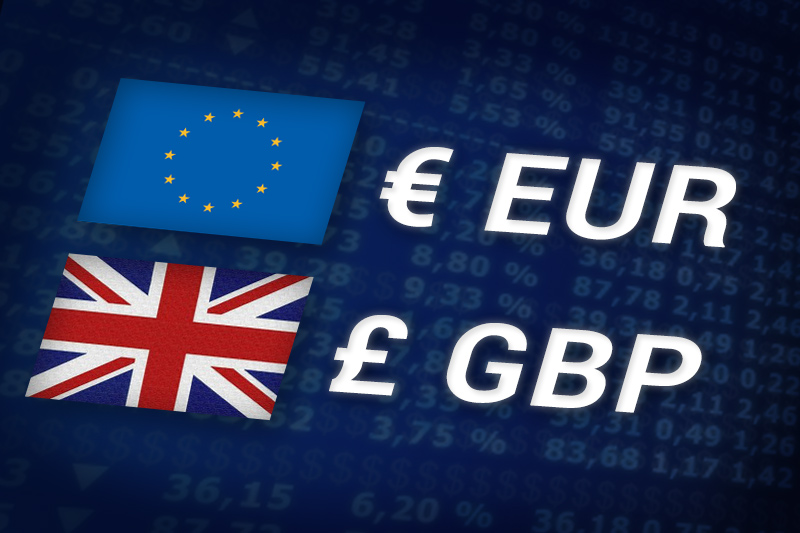Investing.com’s stocks of the week
Investing.com – The euro erased early losses and surged to a 3-day high against the pound on Tuesday after a Bank of England official said Britain needed aggressive economic stimulus to stop it falling into the same kind of slump Japan did in the 1990's.
EUR/GBP hit 0.8561 during European afternoon trade, the pair's highest since September 23; the pair subsequently consolidated at 0.8560, gaining 0.69%.
The pair was likely to find support at 0.8462, the low of September 23 and resistance at 0.8671, the high of May 25.
Earlier in the day, BoE policy maker Adam Posen said that he believed more economic stimulus was needed based on his assessment of events in other countries, such as Japan in the 1990's and Europe and the U.S. in the 1930's.
"The case I wish to make is that monetary policy should continue to be aggressive about promoting recovery, and subject to further debate, I think further easing should be undertaken," Posen said.
The pound was also down against the U.S. dollar, with GBP/USD falling 0.58% to hit 1.5733.
Also Tuesday, official data showed that the U.K.'s current account deficit narrowed more-than-expected in the second quarter.
EUR/GBP hit 0.8561 during European afternoon trade, the pair's highest since September 23; the pair subsequently consolidated at 0.8560, gaining 0.69%.
The pair was likely to find support at 0.8462, the low of September 23 and resistance at 0.8671, the high of May 25.
Earlier in the day, BoE policy maker Adam Posen said that he believed more economic stimulus was needed based on his assessment of events in other countries, such as Japan in the 1990's and Europe and the U.S. in the 1930's.
"The case I wish to make is that monetary policy should continue to be aggressive about promoting recovery, and subject to further debate, I think further easing should be undertaken," Posen said.
The pound was also down against the U.S. dollar, with GBP/USD falling 0.58% to hit 1.5733.
Also Tuesday, official data showed that the U.K.'s current account deficit narrowed more-than-expected in the second quarter.
